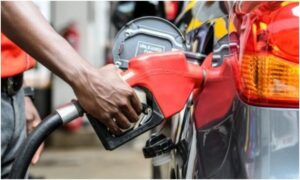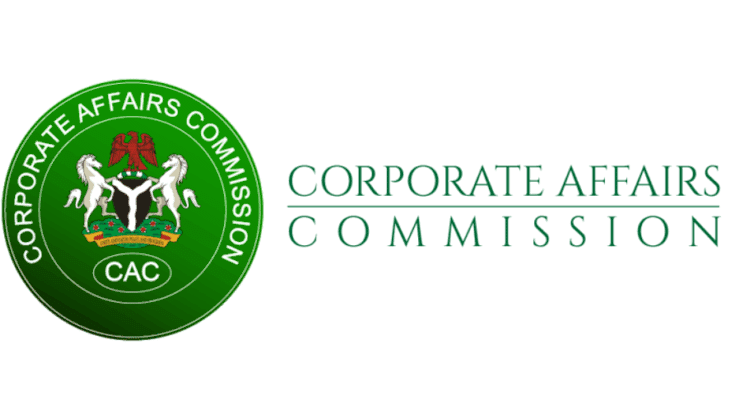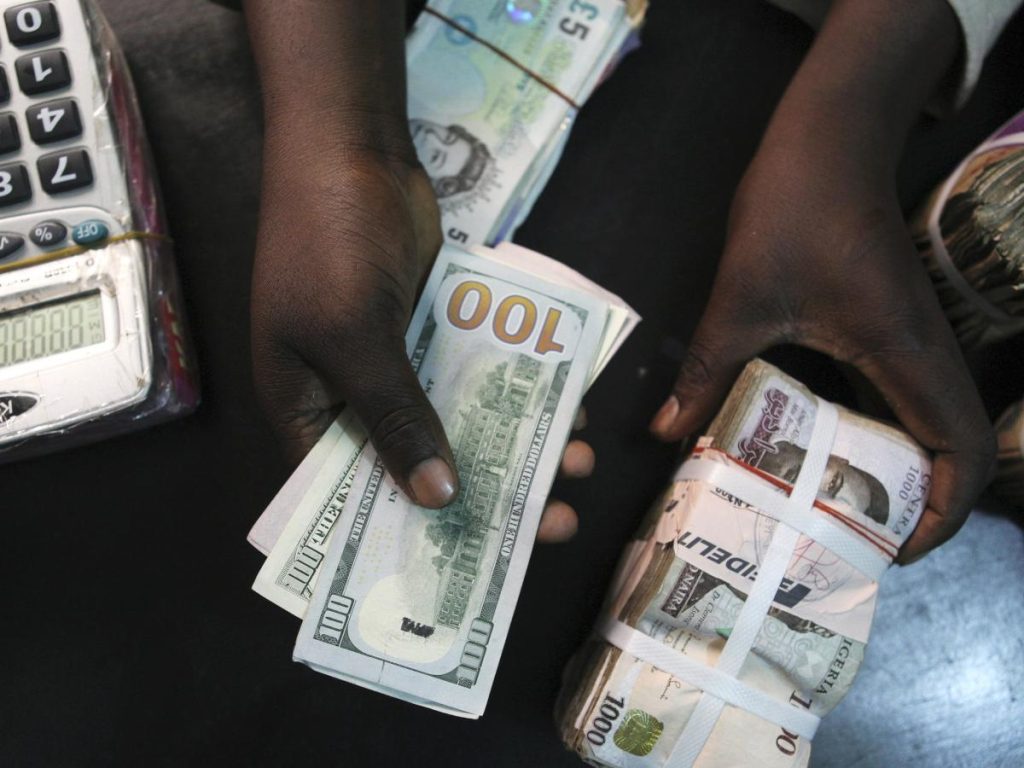Dangote Refinery has officially set its petrol prices, announcing rates of N960 per litre for supply via ships and N990 per litre for trucks. This pricing update follows statements from the Independent Petroleum Marketers Association of Nigeria (IPMAN) and the Petroleum Products Retail Outlets Owners Association of Nigeria (PETROAN), both of which have claimed they can source fuel from international suppliers at lower prices than those currently offered by Dangote.
According to reports from The Nation, the IPMAN and PETROAN assertions suggest a potential cost advantage in importing fuel directly, and these groups have encouraged Dangote Refinery to consider collaboration with local distributors to explore price reductions.
In response, Dangote Refinery has defended its pricing structure, stressing that significantly lower fuel prices could only result from the importation of substandard products. This defense aligns with the refinery’s commitment to quality control and adherence to industry standards.
Anthony Chiejina, Group Chief Branding and Communications Officer for Dangote Refinery, issued a statement on Sunday to address the issue. He clarified that the refinery’s pricing is benchmarked against global rates and that the refinery’s rates are already competitive, with an additional price reduction provided on ship deliveries. According to Chiejina,
Dangote is committed to fair pricing, but he warned of potential quality risks associated with low-cost fuel imports that do not meet Nigeria’s quality standards.
“Both organizations claim that they can import PMS (Premium Motor Spirit) at lower prices than what is being sold by the Dangote Refinery. We benchmark our prices against international standards and believe they are competitive,” Chiejina said. “If anyone claims they can land PMS at a price cheaper than what we offer, they are likely importing substandard products, possibly working with international traders to dump low-quality fuel into Nigeria without regard for consumer health or vehicle longevity.”
Chiejina further explained that, following Nigeria’s deregulation of the fuel sector, initial prices were set by the Nigerian National Petroleum Company Limited (NNPCL), which offered PMS to marketers at N971 per litre for ship supplies and N990 per litre for trucks.
However, Dangote Refinery subsequently adjusted its pricing to N960 per litre for ship sales, while truck deliveries remain at N990 per litre, demonstrating the refinery’s effort to remain competitive within a regulated pricing framework.
The refinery also expressed concerns about market conditions, particularly with regard to foreign exchange rates needed for crude oil procurement, which impact production costs.
Chiejina highlighted potential threats to the domestic market from new players leasing facilities near the Dangote Refinery to blend and distribute cheaper, lower-quality products. According to the refinery, these low-cost imports could harm consumer vehicles and pose health risks, while undermining efforts to build a robust domestic refining industry.
Chiejina emphasized the importance of protecting Nigeria’s refining sector, comparing it to practices in other countries where tariffs and regulatory protections are common to safeguard domestic industries.
“It is standard for countries to shield their industries to foster job creation and economic growth,” he noted, referencing similar protections in the United States and Europe, where tariffs have been used to support domestic markets in sectors like electric vehicles and microchips.










